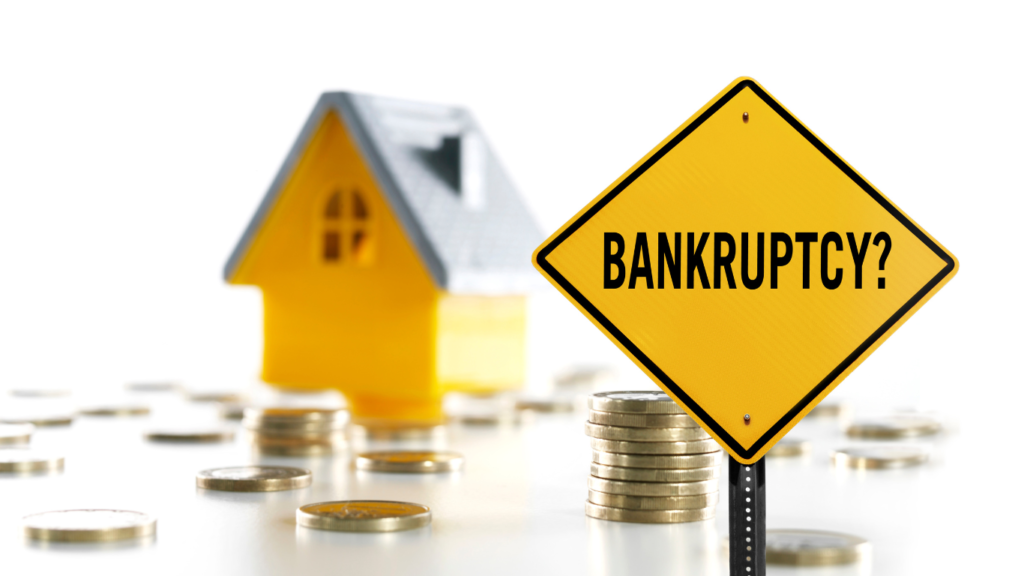Are you a homeowner in North Carolina who is facing foreclosure? If so, your credit might be at risk, and you might wonder what you can do to protect it.
This blog post will provide an overview of the North Carolina foreclosure process. Find out how to avoid foreclosure and what options you have if you can’t make your mortgage payments. Keep reading if you are feeling lost and don’t know where to go for help.
What is Foreclosure?
Foreclosure occurs when a mortgaged property is seized after the borrower fails to make mortgage payments. Defaulting your mortgage payments in North Carolina may result in a judicial or nonjudicial foreclosure.
How to Avoid Foreclosure
In the event that you are in default on your mortgage, there are a few options you can consider to avoid foreclosure.
Talk to Your Lender
You should contact your lender if you are experiencing difficulties making payments. Making smaller payments over a longer period of time may help you get back on track.
Request a Loan Modification
A loan modification may be an option for you if you have difficulty making your mortgage payments. Your loan terms, such as the interest rate or repayment period, might be modified to help you avoid foreclosure.
Sell Your Home
If you are experiencing financial difficulties, selling your home can be a viable option. This may not be an easy decision, but it can save you from going into foreclosure.
How to Delay Foreclosure
If you’re facing foreclosure, you can do a few things to slow down or halt the process.
Reinstate the Loan
Although state law does not provide a statutory right for the borrower to complete a reinstatement before the sale, most deeds of trust do. You should check your loan documents to see if you have a reinstatement period and its deadline.
Redeem the Property
According to North Carolina law, an upset-bid period begins ten days after the sale report is filed. After the foreclosure sale, another buyer can make a higher bid than what was offered at the sale to buy the home, known as an “upset bid.” Upset bids start a new 10-day upset bid period. During the upset-bid period, the borrower can pay off the debt and redeem the property.
File for Bankruptcy
Bankruptcy has shortcomings, but it can help prevent foreclosure as creditors are not allowed to collect debts after filing bankruptcy. Contact a bankruptcy lawyer to learn more about your options.
The Foreclosure Process in North Carolina
Taking over a home through foreclosure can be complicated, so it is important to understand how they work. In North Carolina, the foreclosure process can take at least three months to complete.
Judicial Foreclosure
A judicial foreclosure occurs when the lender files a lawsuit to get permission for the foreclosure sale to go forward. The lender automatically wins the case if there is no written response. In the event you decide to defend the foreclosure lawsuit, the court will consider the evidence and make a decision. The judge will order the auction sale of your property if the lender wins.
Nonjudicial Foreclosure
Lenders who choose to foreclose nonjudicially must follow the state’s out-of-court procedures. Once lenders have completed the required steps, they can sell a home at a foreclosure sale. Most lenders prefer the nonjudicial process because it is faster and cheaper than going to court.
The Consequences of Foreclosure
Homeowners and their communities can suffer devastating consequences from foreclosure. The foreclosure process can result in homeowners losing their homes and harming their credit scores. Therefore, obtaining a mortgage or credit line may be challenging. In addition, foreclosure can be emotionally draining.
Foreclosure can also negatively affect communities. A foreclosed neighborhood can have a decrease in property values, leading to a decline in tax revenues and an increase in crime.
Resources for Homeowners Facing Foreclosure in North Carolina
If you are facing foreclosure in North Carolina, several resources are available to you. The U.S. Department of Housing and Urban Development offers homeowners counseling and assistance to prevent foreclosure. You can also contact the Housing Stability Counseling Program for additional guidance and resources.
Avoid Foreclosure by Selling Your Home for Cash in North Carolina
If you’re facing foreclosure, you may be able to regain your peace of mind by selling your home for cash. At Favor Home Solutions, we know you are going through a difficult time, so you can count on us to guide you through the entire process and provide you with a fair cash offer for your home.
We will take care of:
- Closing on the date of your choice
- Handling all the paperwork
- Paying all the closing costs
- And much more!
If you’re interested in hearing more about getting a free, no-obligation offer for your home, contact us today!


